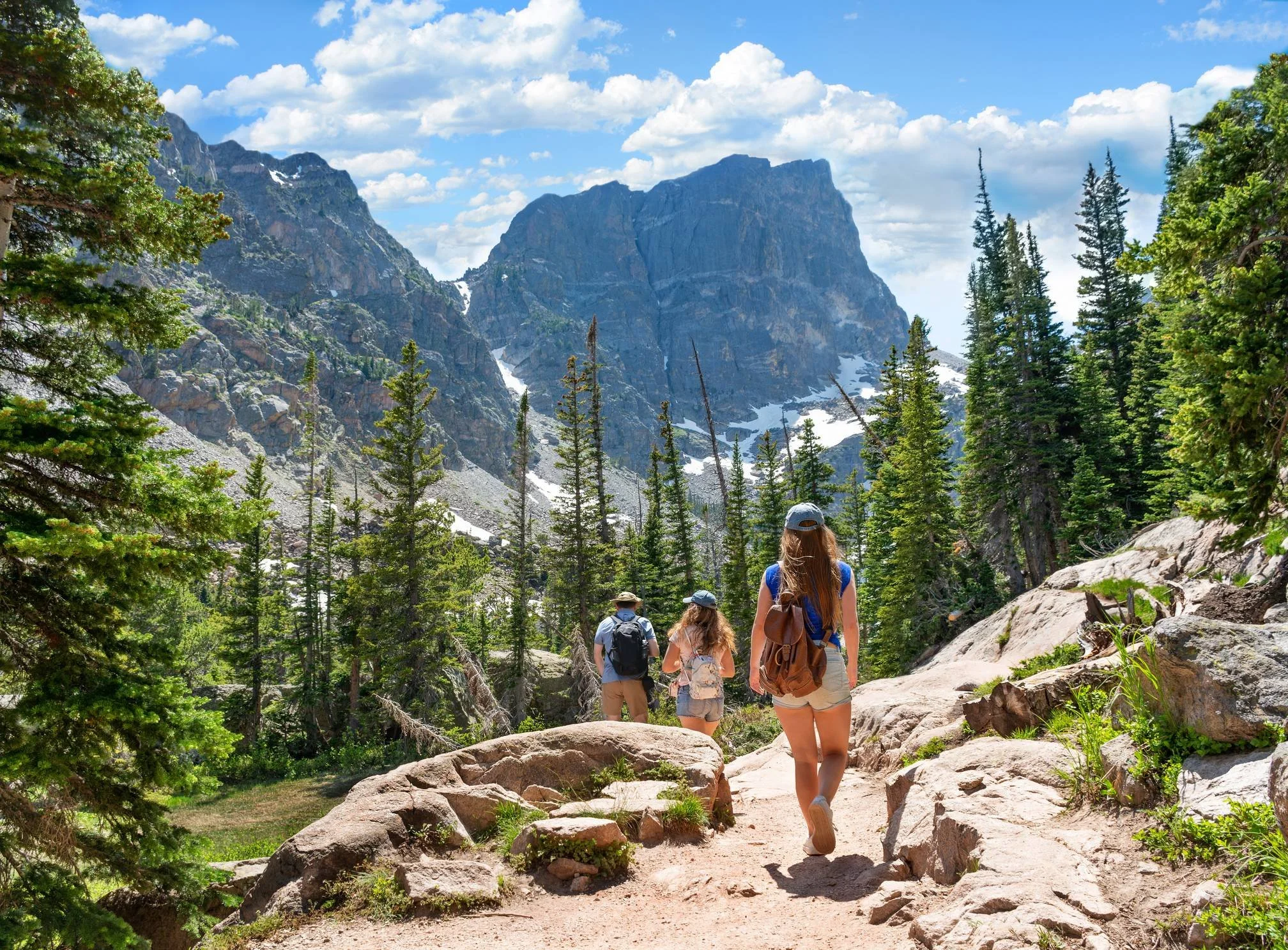In this blog, we'll be delving into a topic of immense importance: the challenges facing national parks here in the UK and worldwide. These natural treasures are a testament to the country's rich biodiversity and stunning historical landscapes, but they are not without their share of issues. Here are five of the most pressing challenges that our national parks are currently grappling with.
Biodiversity Conservation
One of the primary goals of national parks is to conserve biodiversity. These protected areas are home to a diverse range of flora and fauna, many of which are endangered or rare. However, maintaining this biodiversity in the face of climate change, habitat fragmentation, and invasive species is a formidable challenge. Landscape management strategies must strike a delicate balance between preserving historical landscapes and ensuring the survival of native species.
Climate Change
The effects of climate change are becoming increasingly evident in our national parks. Rising temperatures, changing precipitation patterns, and extreme weather events pose a significant threat to the delicate ecosystems within these areas. Historical landscapes are at risk of alteration or even destruction due to these climate-related challenges. Adaptation and mitigation strategies are essential to protect these valuable natural and cultural assets.
Tourism Pressure
National parks are popular destinations for tourists, both domestic and international. While this influx of visitors benefits nearby communities economically, it also places immense pressure on fragile ecosystems and historical landscapes. Issues like overcrowding, littering, and habitat disturbance are on the rise. Sustainable tourism practices and improved visitor management are essential to strike a balance between conservation and recreation.
Funding and Resource Constraints
National parks are often stretched thin in terms of funding and resources. In recent years, budget cuts have limited their capacity to address conservation and management issues effectively. Historical sites and landscapes require ongoing maintenance and restoration efforts, but without adequate resources, these tasks become increasingly challenging. Advocacy for increased funding and public support is crucial to ensure the long-term health of our national parks.
Land Use Conflicts
The UK's national parks are not empty wilderness areas but are inhabited by communities and used for various purposes, including agriculture, forestry, and housing. Balancing the needs of these communities with the conservation of historical landscapes and natural habitats can lead to conflicts. Finding common ground and fostering collaboration among stakeholders is essential to address these conflicts and promote sustainable land use practices.
If you’re keen to help the UK’s national parks thrive, here are a few ways you could get involved:
Support Conservation Initiatives: Join or donate to organisations dedicated to preserving national parks and their biodiversity.
Advocate for Funding: Contact your local representatives and urge them to prioritise funding for national parks and conservation efforts.
Promote Sustainable Practices: Encourage sustainable tourism and land use practices in your community.
Stay Informed: Stay up-to-date on the latest research and developments in conservation and climate change to make informed decisions in your projects.
With proper landscape management and ecological services, we can overcome these challenges and ensure that the UK's national parks continue to be cherished landscapes for generations to come. At Lizard Landscape Design and Ecology, we are committed to playing our part in safeguarding these natural treasures. Contact us today to learn more about our services and our dedication to the preservation of national parks and other green spaces throughout the UK.


